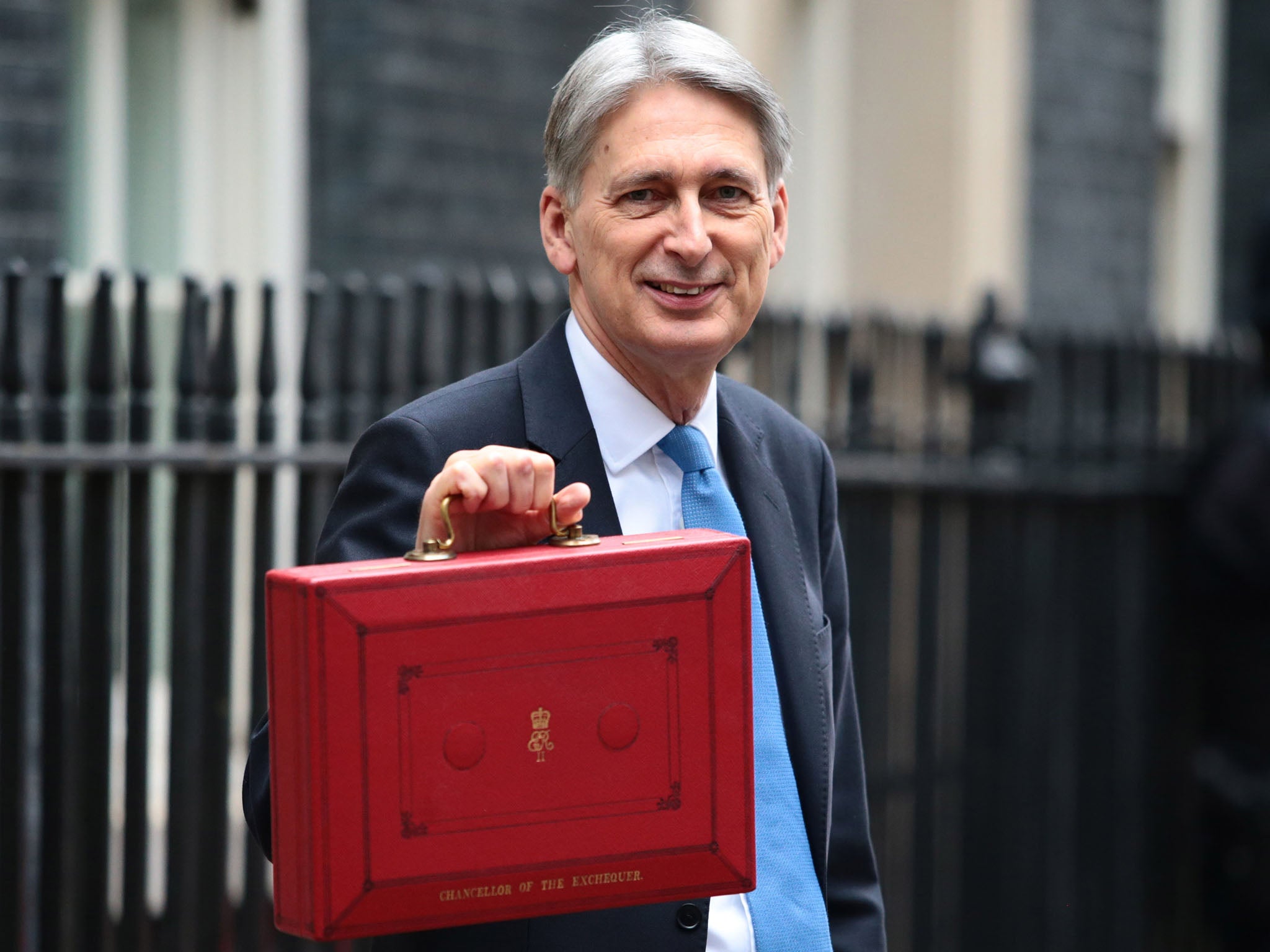Tory stamp duty cut could cost first-time buyers twice as much as they save, leading think tank says
Policy will increase the price of an average home by £3,200 while delivering a saving of £1,600, the Resolution Foundation says

Your support helps us to tell the story
From reproductive rights to climate change to Big Tech, The Independent is on the ground when the story is developing. Whether it's investigating the financials of Elon Musk's pro-Trump PAC or producing our latest documentary, 'The A Word', which shines a light on the American women fighting for reproductive rights, we know how important it is to parse out the facts from the messaging.
At such a critical moment in US history, we need reporters on the ground. Your donation allows us to keep sending journalists to speak to both sides of the story.
The Independent is trusted by Americans across the entire political spectrum. And unlike many other quality news outlets, we choose not to lock Americans out of our reporting and analysis with paywalls. We believe quality journalism should be available to everyone, paid for by those who can afford it.
Your support makes all the difference.Philip Hammond’s stamp duty cut for first-time buyers could cost those purchasing a home more than twice as much as it saves them, a leading think tank has claimed.
The Resolution Foundation said the policy will inflate house prices by more than the saving it will deliver for many buyers.
It added that the change will only marginally reduce the time it takes an average first-time buyer to save up to buy a property – from 19 years to 18.5 years.
The abolition of stamp duty for first-time buyers purchasing homes costing up to £300,000 was the centrepiece of the Chancellor’s Autumn Budget.
The Resolution Foundation said the rise in house prices that the policy is likely to cause equates to a £3,200 increase in the cost of an average-price home – more than double the average £1,600 saving it will deliver.
“Because this is a permanent reduction in stamp duty for first-time buyers, it will actually increase the price of properties by twice the size of the tax cut,” the think tank said. “As such prospective first-time buyers’ net costs will actually increase not decrease.
“In reality, a first-time buyer purchasing an average priced property would experience a £3,200 price increase to offset the £1,600 tax cut.”
Those buying cheaper properties, however, are likely to save more in stamp duty than the extra they have to pay in inflated house prices, it added. The stamp duty cut also means that more of a buyer’s savings can go towards a deposit, enabling more to afford a home.
The Office for Budget Responsibility (OBR) also said the measure was likely to inflate house prices by 0.3 per cent, meaning buyers will pay more.
The OBR said: “Post-[stamp duty] prices paid by first-time buyers would actually be higher with the relief than without it. Thus the main gainers from the policy are people who already own property, not the first-time buyers themselves.
“For some potential first-time buyers with smaller deposits, who are constrained by loan-to-value lending criteria, the relief will enable them to borrow a multiple of their stamp duty saving, allowing them to buy properties that they otherwise could not afford – but more expensively.”
Despite the potential benefits, some commentators criticised the relatively small number of people the policy will help. The OBR said the change will benefit just 3,500 buyers – meaning it will cost £160,000 for every person it helps next year and £190,000 per person by 2022-23.
The Resolution Foundation said that, in more than a quarter of areas across England and Wales, a property could be purchased and given to a first-time buyer at a lower cost to the Treasury than the stamp duty cut.
Alternatively, the £2.9bn the policy will cost could have funded 40,000 new social homes or more than 100,000 homes built through the Government’s Housing Infrastructure Fund, it said.
However, Generation Rent, which represents private renters, welcomed the policy as being a boost to people’s chances of owning a home but said it would “do nothing to reduce the fundamental cost of housing”.
Dan Wilson Craw, the group’s director, said: “In areas where first-time buyers are competing with investors for homes, no stamp duty to pay will give them more purchasing power. But where they’re competing with each other it just means they have more cash with which to make an offer. The real winners are people with property to sell.”
Announcing the change, Mr Hammond said it would help 95 per cent of all first-time buyers and see 80 per cent pay no stamp duty at all.
“When we say we will revive the home-owning dream in Britain, we mean it,” he said.
A Treasury spokesperson referred The Independent to the Chancellor’s speech when contacted for comment.
Join our commenting forum
Join thought-provoking conversations, follow other Independent readers and see their replies
Comments